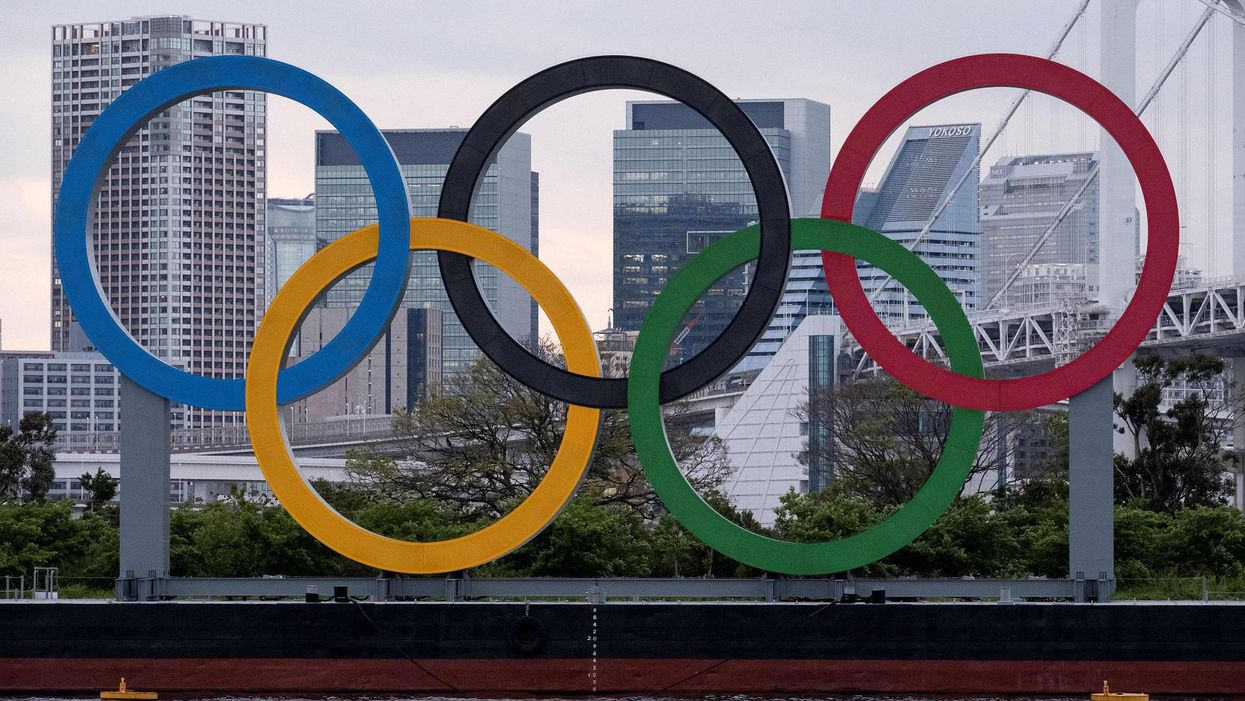
YUKI IWAMURA/AFP via Getty Images

A majority of international athletes surveyed are against such demonstrations
The International Olympic Committee announced Wednesday that its ban on athletes demonstrating in official venues will remain in place for this summer's Tokyo Olympics, and reiterated that kneeling or raising a fist in protest will be grounds for punishment.
The IOC's "Rule 50" states that "No kind of demonstration or political, religious or racial propaganda is permitted in any Olympic sites, venues or other areas." But the committee agreed to revisit the rule amid pressure after American athletes made it a commonplace occurrence to protest their own national anthem as a way to call for racial justice in the U.S.
In a report detailing the reasoning behind its decision to keep the rule, the IOC explained that over the past year it conducted a survey of more than 3,500 international athletes across the globe and found that "a clear majority of athletes believe that it is not appropriate for athletes to demonstrate or express their views" at the podium (67%), field of play (70%), or during the opening ceremony (70%).
IOC's Athletes' Commission chief Kirsty Coventry led an online presentation of the Rule 50 results, Reuters reported. The former Olympic swimming champion for Zimbabwe told the audience, "I would not want something to distract from my competition and take away from that. That is how I still feel today."
When asked if athletes would be punished for violations of Rule 50 such as raising a fist or taking a knee at the podium at the Tokyo Olympics, Coventry replied, "Yes, that is correct."
She added, "That is also because of the majority of athletes we spoke to — that is what they are requesting for."
The committee added in its report:
"Although the restriction imposed by Rule 50 may appear too sweeping, especially if compared to some sports organizations which allow expression in support of social (as opposed to political) causes, there are significant difficulties that an organization as diverse and universal as the IOC would face in distinguishing between admissible and inadmissible causes. For this reason, a blanket of neutrality is deemed an appropriate and proportionate solution, including from a human rights perspective, given the risk of politicizing the IOC and alienating countries or athletes."
The Tokyo Olympics begin July 23 and run through Aug. 8.
The IOC's decision comes less than a month after the U.S. Olympic and Paralympic Committee announced that it will allow athletes to raise their fists or kneel during the national anthem at Olympic trials without sanctions.